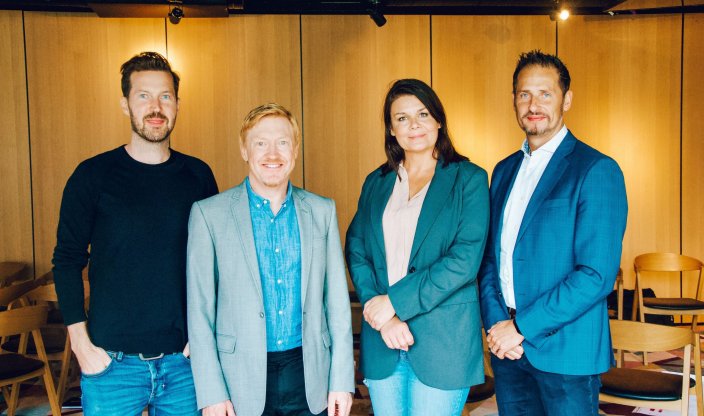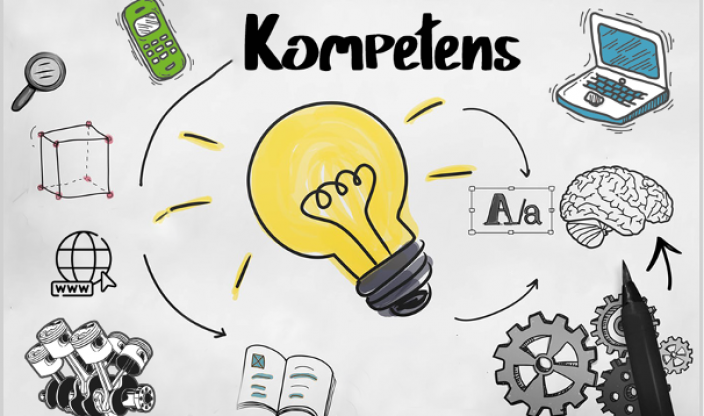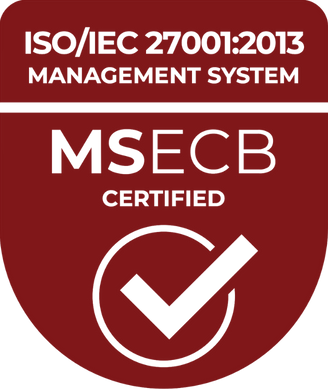How digitally mature is your organisation?

I constantly meet companies in the professional service industry that struggle to recruit and develop their resources. No wonder the demand for headhunters and search specialists is booming. The question is: why is there a constant need to recruit?
One potential explanation might be that companies constantly aim for increased sales, but considering that few companies in the industry work with scalable services and fixed prices, an increase in sales depends on an increase in the number of employees. We look at the growth forecasts with optimism, partly because we expect to quickly find top talents, and we’re certain that our employees won’t leave the company. But optimism does rarely correspond with reality.
Recently I met a somewhat desperate manager who said “My goal recruit ten people. On one hand, I managed to sign three. On the other hand, four employees have resigned. My growth plan has regressed! ”
High employee turnover
Another common obstacle in the industry is the heightened staff turnover. It is not uncommon to see companies losing a quarter, or as many as a third, of their employees. Naturally, we’re asking ourselves why our employees are resigning.
Here are some of the reasons:
- The distance can weaken the company culture – the increased amount of time spent out on assignments means that consultants easily end up feeling distanced from their colleagues and employer.
- The grass is always greener on the other side – increased salaries on the market are making employees question their current salary
- An outdated culture of “to become a partner or manager, we need to do our “dog years” ” – this mentality does not speak to the younger generation
- Employees feel like their tasks aren’t challenging enough, and their growth does not correspond with the agreed development plan.
Digital maturity strengthens companies
The list of reasons is long, but can there be an easy solution to it all? Can digitalisation be the key to employee retention?
management teams in the industry need to identify scalable business models and operational models that do not run employees to the ground, at the same time as they drive continuous development and personal growth. These are the variables that drive engagement, loyalty, and workplace satisfaction.
Digital tools can be used to manage less advanced administrative tasks, meaning that people can focus on tasks that they find motivating and fun. They can also reduce internal administration by streamlining the collection of customer data and working with smart document templates and integrated platforms. There are many companies that still manage their skills and resource allocation in Excel, and development plans are hidden in the HR systems and are difficult to access when the consultants are to be sold for assignments. This means that few have access to the information necessary to drive sales, delivery, management, and employee development, forward.
These are some of the topics covered in this year’s digital maturity (in the professional Services industry) survey. The survey starts today!
Meassure your digital maturity

Guestblogger - Per Defalva, CEO and founder of Digital Engine
Guestblogger - Per Defalva, CEO and founder of Digital Engine
You may also like...
All posts
Sep 27 2022 · Uncategorized
Competence development is the key to Omegapoint’s success

Jul 29 2022 · Uncategorized
Highlights from Q1 & Q2

Dec 14 2021 · Uncategorized
All I want for Christmas is Skills Management

Oct 04 2021 · Uncategorized
Cinode Welcomes Three New Sales Executives

Aug 26 2021 · Skills Management, Uncategorized
Psychological safety – the key to competence development

Jun 29 2021 · Skills Management, Uncategorized
Learning is the new earning

May 19 2021 · Consulting, Uncategorized
The most equal Swedish consulting companies 2021

Feb 04 2019 · Uncategorized
